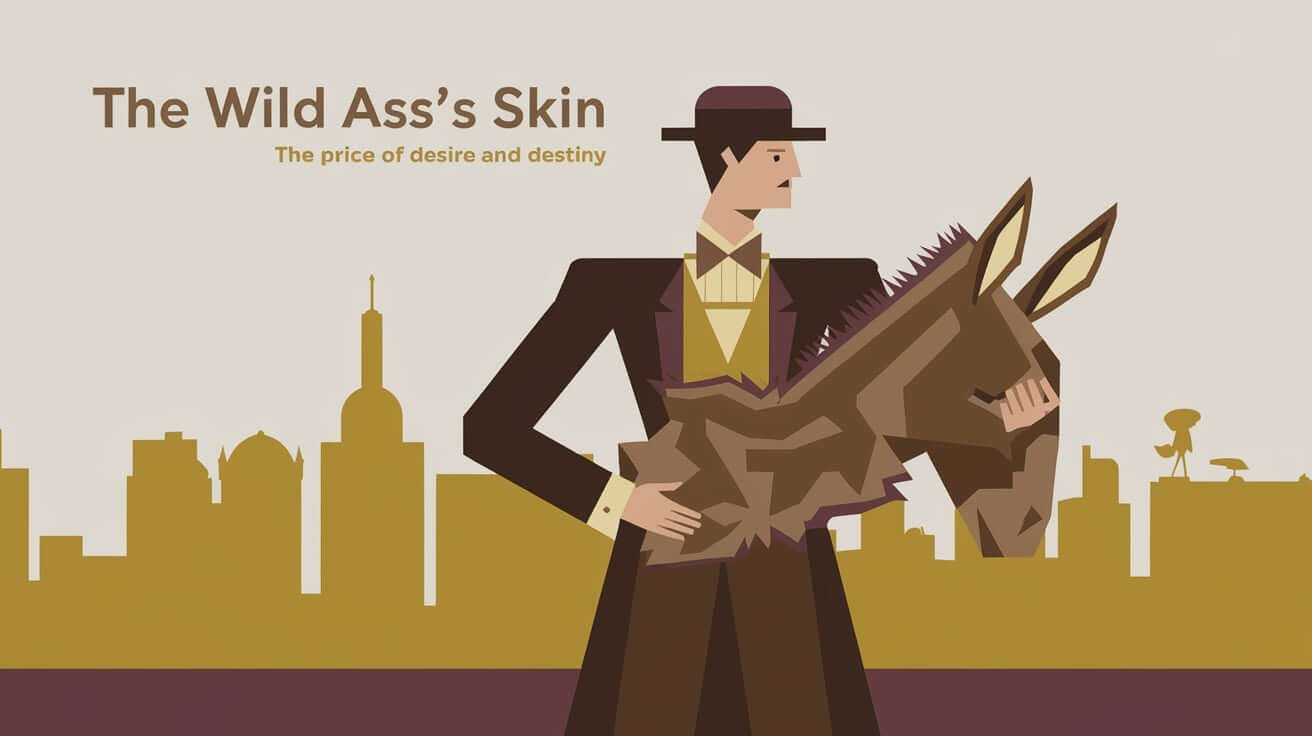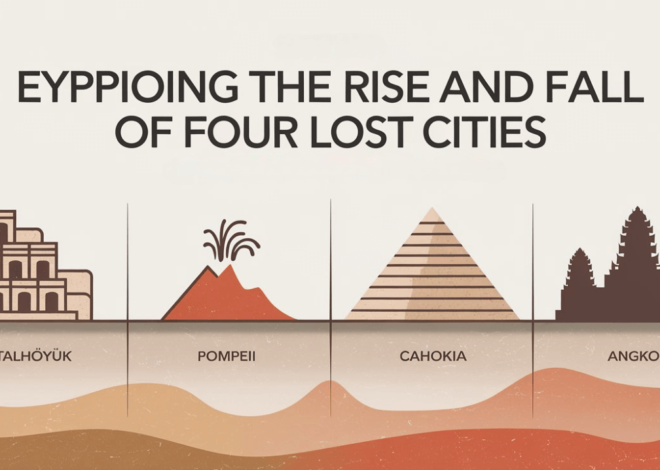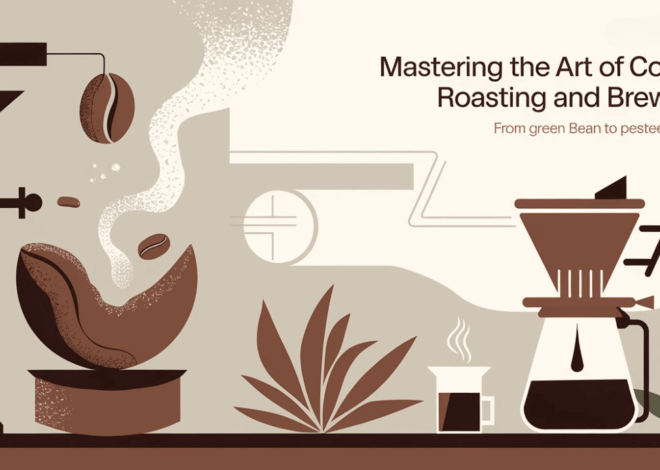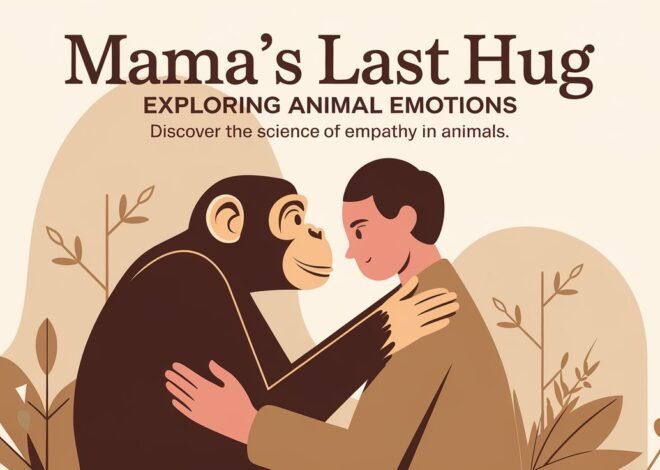
The Wild Ass’s Skin by Balzac: Themes, Analysis, and Symbolism
Introduction: Exploring the Cost of Desire and Ambition
What does Honoré de Balzac’s The Wild Ass’s Skin reveal about the dangers of ambition and the limits of human control? This philosophical novel blends realism, fantasy, and sharp societal critique to explore humanity’s endless desires and their consequences. Through the story of Raphaël and a magical talisman that grants wishes while shortening his life, Balzac provides a timeless lesson about the trade-offs between fulfillment and existence. In this article, we’ll analyze the key themes, symbolism, and moral insights of The Wild Ass’s Skin, offering a deeper understanding of this literary masterpiece.
The Plot of The Wild Ass’s Skin: A Story of Ambition and Consequences
Raphaël’s Fall and the Magical Talisman
The story follows Raphaël, a young man burdened by poverty and shattered dreams. Born into a noble but declining family, his life spirals into despair after his father’s death and a series of failures in love, career, and fortune. On the brink of suicide, Raphaël stumbles into an antique shop where he encounters the wild ass’s skin, an enchanted artifact that can grant any wish—but with a deadly price: every fulfilled desire shrinks the skin and shortens his life.
“Desire burns us; energy destroys us.” — The antique dealer’s warning encapsulates the central tension of the novel.
From Fulfillment to Isolation
Initially, the skin’s magic transforms Raphaël’s life. He inherits immense wealth, achieves social prominence, and even takes revenge on Foedora, the woman who scorned him. However, as his wishes are fulfilled, the skin shrinks, and Raphaël becomes increasingly paranoid about his mortality. His reunion with Pauline, a woman who truly loves him, brings a fleeting sense of happiness. Yet, his life is rapidly consumed by the very desires that initially saved him.
Key Themes in The Wild Ass’s Skin: Desire, Science, and Mortality
1. Desire and Its Consequences
At its core, The Wild Ass’s Skin examines the destructive power of unchecked ambition and desire. Raphaël’s pursuit of wealth, love, and recognition highlights the futility of materialistic and selfish goals. Balzac draws parallels to classical cautionary tales like Goethe’s Faust, where desires fulfilled by supernatural means lead to tragic outcomes.
- Foedora’s Indifference: Raphaël’s unreciprocated love for Foedora turns into a bitter obsession, showcasing how unfulfilled desires can corrupt the soul.
- Pauline’s Innocence: In contrast, Pauline embodies pure and selfless love, suggesting that meaningful connections, rather than possessions or status, are the true antidote to life’s struggles.
2. The Limits of Science and Rationalism
Balzac critiques the 19th-century belief in science as the ultimate solution to humanity’s problems. When Raphaël seeks to destroy the wild ass’s skin, he consults leading scientists, who fail despite their advanced knowledge. This failure reflects the arrogance of human rationalism and its inability to grasp life’s deeper mysteries.
“We must not let this strange event be known to the Academy of Sciences, or our colleagues will laugh at us.” — A satirical jab at scientific overconfidence.
3. The Wild Ass’s Skin as a Symbol of Mortality
The talisman itself is a powerful metaphor for the human condition. It represents the inescapable link between life’s desires and its finite nature. As Raphaël’s life diminishes with every wish, Balzac underscores the idea that chasing external gratification often comes at the expense of inner peace and longevity.
Symbolism and Philosophical Insights in The Wild Ass’s Skin
The Antique Dealer as a Mad Scientist
The antique dealer who offers Raphaël the talisman parallels the archetype of the “mad scientist,” seen in works like Mary Shelley’s Frankenstein. Both figures represent the dangers of tampering with forces beyond human understanding. The dealer’s eerie shop, filled with strange artifacts, symbolizes humanity’s hubris and fascination with forbidden knowledge.
The Shrinking Skin: A Mirror of Human Desire
As a tangible representation of Raphaël’s diminishing life, the wild ass’s skin reflects the destructive cycle of ambition. Each wish granted feels momentarily fulfilling, but it only accelerates his demise. This mirrors real-life struggles, where overindulgence often leads to burnout and loss of purpose.
Nature vs. Society
Raphaël’s final retreat to the mountains highlights the tension between nature’s healing power and society’s corrupting influence. However, even in the solitude of nature, Raphaël cannot escape the consequences of his past choices, emphasizing the inevitability of mortality.
Life Lessons from The Wild Ass’s Skin
Balancing Ambition and Contentment
Raphaël’s downfall serves as a cautionary tale about the importance of moderation. While ambition drives progress, excessive desire leads to spiritual emptiness and self-destruction.
- Takeaway: Strive for balance—seek fulfillment without losing sight of life’s finite nature.
The Value of Love and Relationships
Through Pauline, Balzac suggests that genuine connections provide greater satisfaction than wealth or status. Raphaël’s fleeting happiness with her reminds readers of the enduring value of love and human connection.
- Takeaway: Invest in relationships rather than materialistic pursuits.
The Limits of Human Control
Balzac critiques humanity’s overconfidence in its ability to control nature and life’s complexities. The failure of science to destroy the skin symbolizes the limits of human power and the need to accept certain mysteries of existence.
- Takeaway: Recognize the boundaries of human knowledge and embrace life’s unpredictability.
Conclusion: A Timeless Reflection on Human Ambition
Balzac’s The Wild Ass’s Skin is a profound exploration of the human condition, critiquing the materialism, rationalism, and unbridled desires of his era. Through Raphaël’s tragic journey, the novel offers a timeless warning: the relentless pursuit of fulfillment can come at the ultimate cost—our very existence.
What resonates most with you about The Wild Ass’s Skin? Share your thoughts in the comments, and explore our other analyses of Balzac’s works for deeper insights into his timeless critiques of society and human nature.


